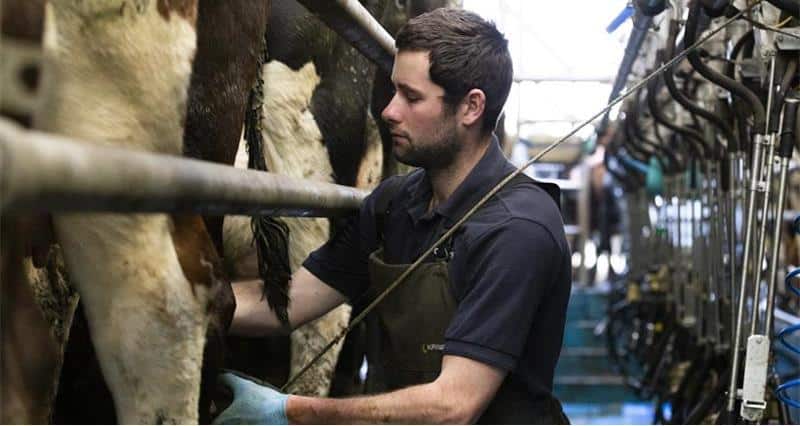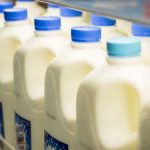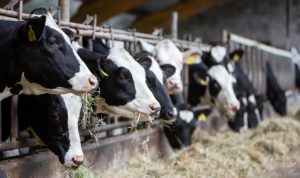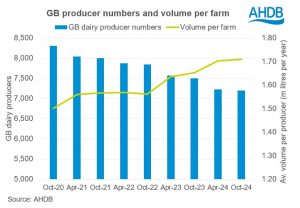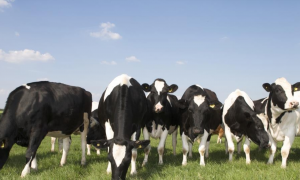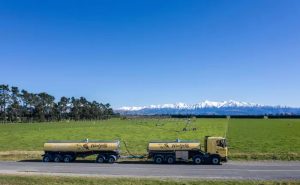The NFU’s Dairy Intentions Survey of almost 600 UK dairy farmers has found that insufficient returns, volatile markets and the scale of on-farm investment required are all reasons why many of Britain’s dairy farmers are thinking hard about their future in the sector.
Based on figures from the ADHB, there are currently an estimated 7,500 dairy producers in Great Britain, a figure which has decreased by 4.8% since last year.
Fairer, more transparent supply chains needed
The survey results identified that supply chain fairness was a factor that almost 90% of dairy producers felt was important to support an increase in milk production.
Despite the concerns shared by the vast majority of producers, new industry-wide contract regulation expected to come in later this year “must support fairer, more transparent and accountable supply chains,” said NFU Dairy Board chairman Michael Oakes, albeit stressing that regulation is not a “silver bullet”.
Michael also called on further government support and investment, stressing the need for this in order for the industry to meet its environmental targets whilst continuing to produce high-quality dairy products for the public.
Speaking on inflation and production costs, he said it is obvious these factors are putting the long-term resilience of dairy farming “under threat”, leading to a “crisis of confidence” amongst British dairy farmers, despite increasing global demand for British dairy.
Labour concerns hoped to be addressed
Better access to labour is also a key component that producers feel is needed to increase production, with almost three quarters (74%) of respondents seeing this as a barrier to the growth of their business.
In a response to the Migratory Advisory Committee’s call for evidence on the Shortage Occupation List, the NFU has called for the role of dairy technician to be added, to help alleviate some of the labour woes the sector is facing.
